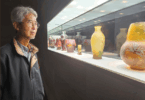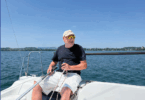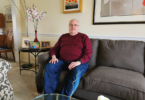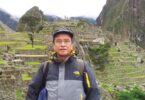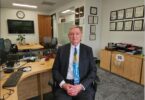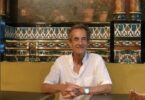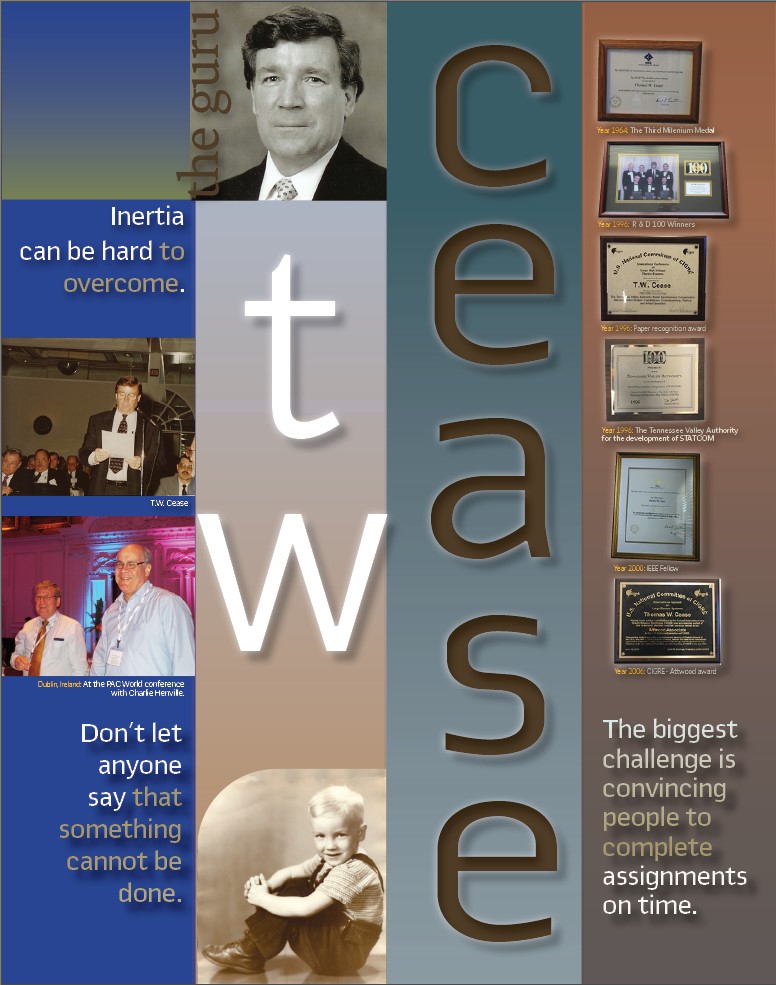
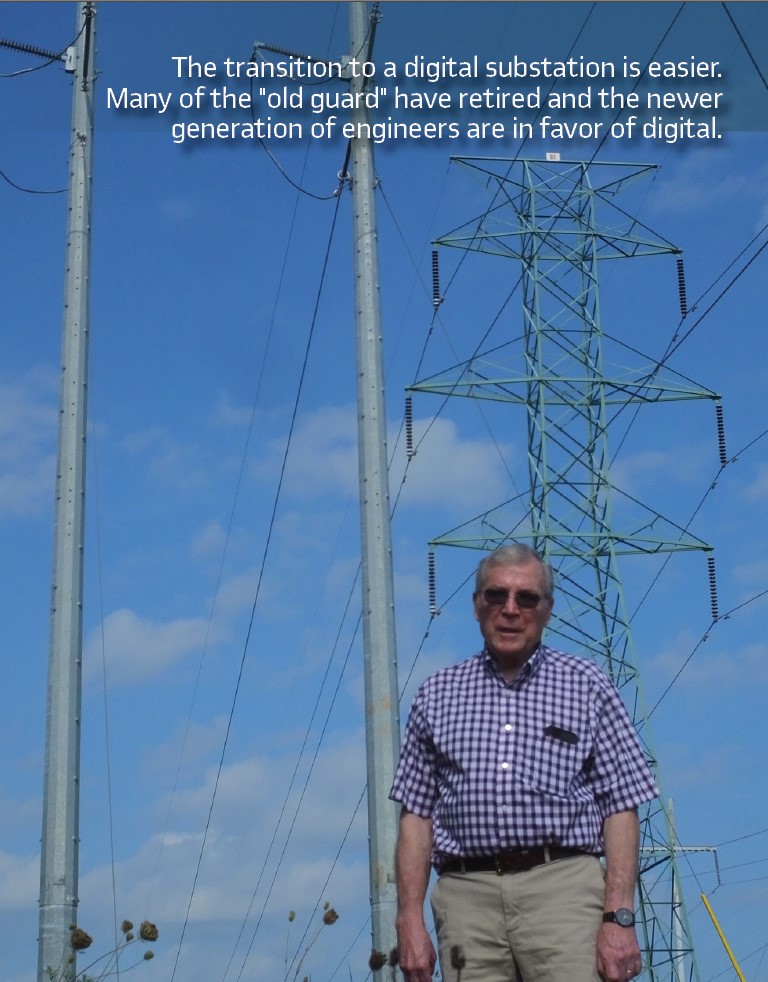
PAC World: When and where were you born?
T.W.C.: August 17, 1942, in Memphis, Tennessee.
PAC World: Where did you grow up and where did you go to school?
T.W.C.: I was raised in the Memphis area. During WW 2 my father relocated us several times to work on war projects. Needless to say, I don’t remember any of that. Afterwards we moved back to Memphis and I attended Whitehaven high school.
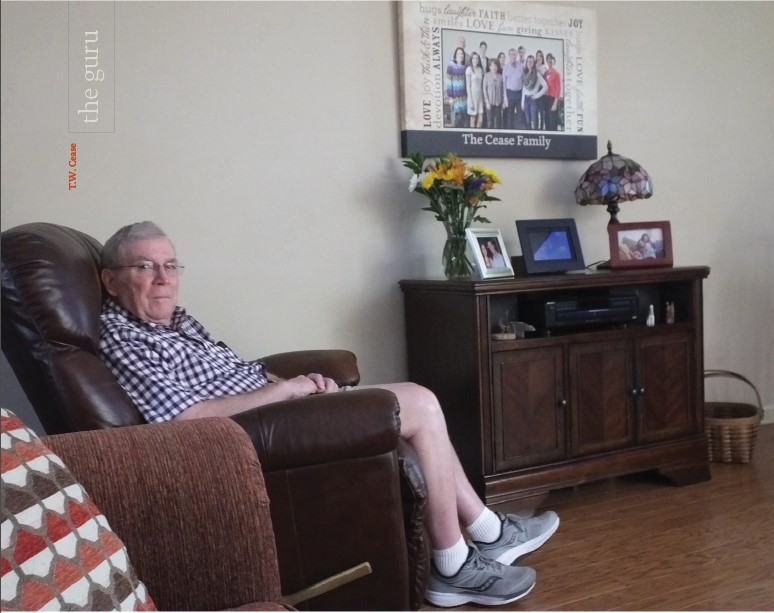
PAC World: Did you have any specific interests while in school?
T.W.C: My high school offered two tracts – a college prep and a vocational tract. Being a glutton for punishment I took both. The vocational tract that I took was a radio and TV repair course.
PAC World: Is there a person in your childhood that influenced your decision to become an engineer?
T.W.C.: Not really.
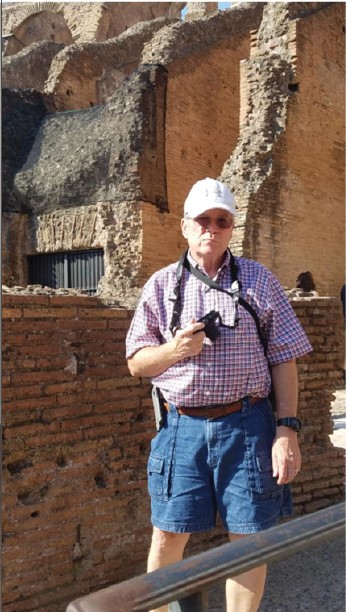
PAC World: Where did you go to university and why did you choose that particular one?
T.W.C.: I attended the University of Arkansas. After I graduated High school, I was tired of going to school. So, upon graduating I joined the Navy. The first thing that they did was send me to school. Several schools actually. One was nuclear power school. We learned all about reactors and how to control them.
When my enlistment was completed, I found employment at an experimental reactor in the hills of Arkansas. We worked a rotating shift.
I investigated the possibility of attending the nearby university (University of Arkansas).
With approval of the plant management, I was able to work full time and attend the university full time. By attending school in the summer, I was able to graduate in 3 and a half years.
PAC World: What did you study in the university related to electric power systems, protection and controlr?
T.W.C.: My emphasis was in control systems.
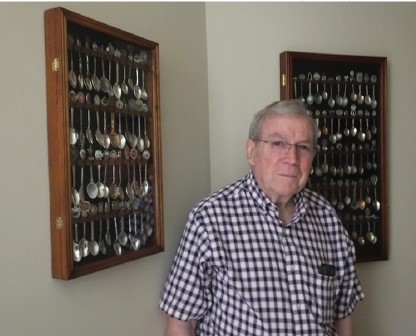
PAC World: How did you start you career and what was the reason to make this choice?
T.W.C: My navy background in nuclear power was a big help in securing employment. I graduated in 1972. At that time in history engineers were expected to change jobs for greater pay/benefits every 2-3 years
PAC World: How did you join the Tennessee Valley Authority?
T.W.C.: After 3 job changes my wife said to find a place and settle down. Having been raised in Tennessee, when the job at TVA came open, I took it and as they say the rest is history.
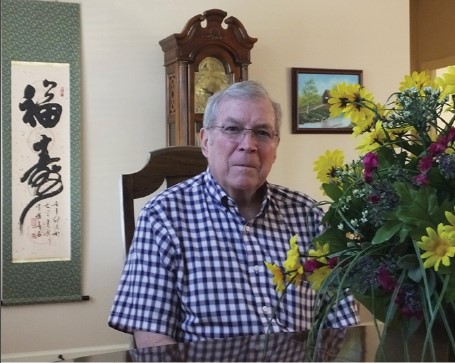
PAC World: What did you do while at TVA?
T.W.C.: I started in nuclear construction. However, it became clear that was a dead-end job as TVA was phasing out construction of nuclear plants, and I transferred to a different division within TVA. That division changed its name a couple of times, but its mission stayed the same. R&D.
PAC World: What do you consider the most challenging project during that period?
T.W.C.: I worked with Westinghouse R&D to develop the first 3 phase STATCOM. There had been some work in developing single phase units. I received several awards for this work.
A very interesting project was in developing optical sensors. At the time nobody believed it was possible to measure current or voltage optically. Again, I received several awards for my contributions in this work
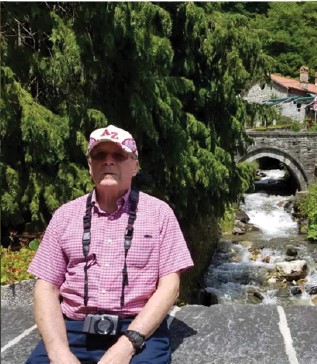
PAC World: Why did you decide to leave TVA and where did you go from there?
T.W.C.: I was 57 years old, and it was getting harder to get approval to travel (especially foreign travel). I ran the numbers and decided I did not need to work for a company any longer. I retired and began traveling when and where I thought I needed to go.
PAC World: When and why did you join the IEEE?
T.W.C.: I joined in college and again when I began working at TVA.
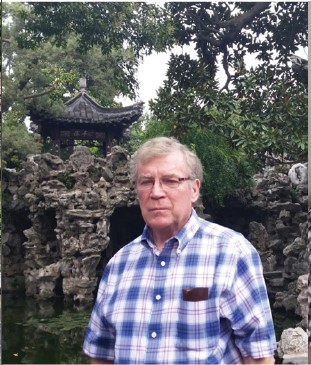
PAC World: Why did you decide to become actively involved in different IEEE related activities?
T.W.C: Many of the activities that I worked on at TVA needed to have IEEE standards developed around those activities..
PAC World: How challenging did you find being a working group chairman?
T.W.C.: The biggest challenge is convincing people to complete assignments on time..
PAC World: When were you elevated to IEEE fellow and for which of your accomplishments?
T.W.C.: January 2000, for significant contribution to optical current and voltage measurements.
PAC World: How did you get involved with CIGRE?
T.W.C: Much the same as IEEE, a number of the papers that I had written/cowritten were applicable to CIGRE work.
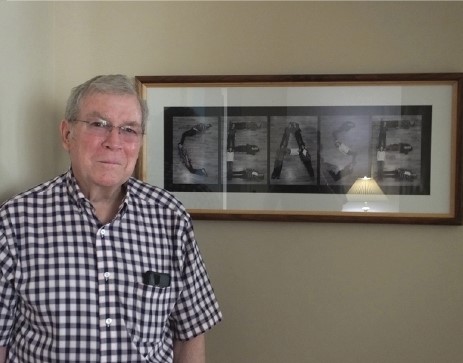
PAC World: What do you think about the role of IEEE and CIGRE?
T.W.C.: While there is a considerable amount of overlap there is also a considerable number of differences. The differences are in what products are produced.
CIGRE only produces reports while IEEE not only produces reports they also produce standards. IEC produces the standards in the CIGRE world.
PAC World: You were involved in the transition from electromechanical and solid state to microprocessor-based relays.
How does it compare to the ongoing transition to digital substations?
T.W.C: The transition to a digital substation is easier. Many of the “old guard” have retired and the newer generation of engineers are in favor of digital. Having grown up in a digital world. Still the biggest problem is funding.
PAC World: Non-conventional sensors have been around for several decades. Why do you think they are still not widely used?
T.W.C.: Although Michael Faraday first showed that it was possible to detect a magnetic field many years ago, actual sensors have not been available for very long.
Also, inertia can be hard to overcome. I once had a manager of the relaying group tell me that his hands would touch his retirement check before they touched a keyboard.
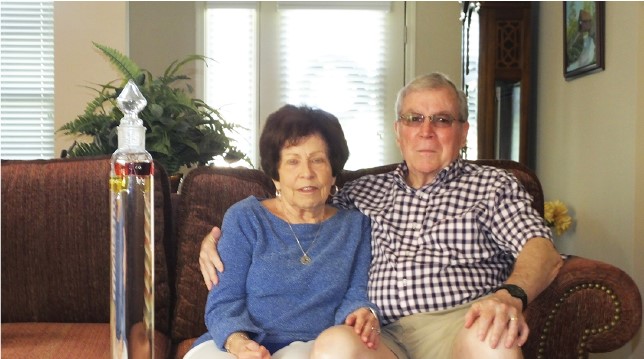
PAC World: What do you think about the future of our industry?
T.W.C.: The world including the US is going to need a steady and secure supply of electrical power for the foreseeable future.
However, without storage the transition to renewables will be a much less dependable future.
PAC World: What do you consider your greatest professional achievement?
T.W.C.: Optical sensors and solid-state voltage and var control via systems like the STATCOM.
PAC World: Is there an award you have received that you value the most?
TW.C: The Life Fellow award.
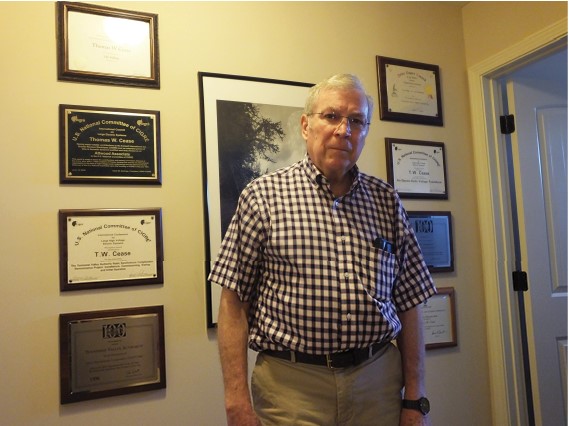
PAC World: How do you balance your active professional life with your family life?
T.W.C.: My wife goes everywhere with me
PAC World: What do you consider your greatest personal achievement?
T.W.C.: 5 grand kids.
PAC World: You have been married for 58 years. What is the secret?
T.W.C.: I learned to say “Yes Dear” very early on in our relationship.
PAC World: You are travelling all over the world. Is there a place that you prefer to visit??
T.W.C.: My favorite place is Australia – just too far away to visit on a regular basis
PAC World: Your favorite form of entertainment?
T.W.C.: Reading
PAC World: What is the food you like?
T.W.C.: Ask anyone and they will tell you I love pizza.
PAC World: Do you prefer any kind of music?
T.W.C.: Coming from Memphis I grew up on rock and roll. After all, Memphis is home to Elvis.
PAC World: Is there anything you would like to say to the young PAC engineers around the world?
T.W.C.: Don’t let anyone say that something cannot be done. To quote one of my grandkids favorite cartoon characters “to infinity and beyond.”
Biography:
TW Cease graduated from the University of Arkansas in 1972 and later joined the Tennessee Valley Authority. Most of his work was in research and development on projects such as STATCOM and the optical current and voltage measurements. He is Fellow of IEEE and member of the Power & Energy Society, past Chairman of the Relay Input Sources Subcommittee and participated on different Working Groups of the Power System Relaying Committee (PSRC), as well as on several working groups of the Power System Communication Committee (PSCC). He also made contributions to the Substations Committee (HVDC and FACTS subcommittee). TW is the past chairman of the Chattanooga Chapter of the IEEE Power & Energy Society. As a member of CIGRÉ he participated usually as Secretary/Editor in multiple working groups mostly focused on cybersecurity. He authored numerous technical papers IEEE and CIGRÉ papers. One of the IEEE papers was chosen as the prize (best) paper of the year, and another was published in the IEEE book Protective Relaying for Power Systems II containing papers of note on protective relaying.



